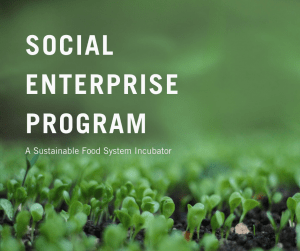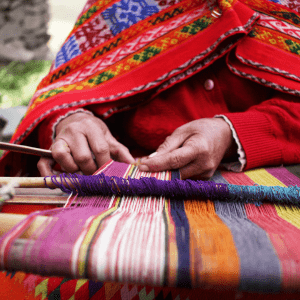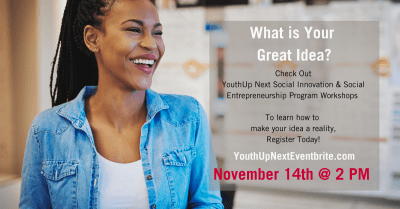Since the launch of the Social Enterprise Program in 2019, we had the opportunity to work with some amazing social entrepreneurs whose work is improving lives and livelihoods locally and around the world. This year’s cohort is no different. What is new, however, is that this cohort is dedicated to “social intrapreneurship”. This is a reflection of the challenging times we are experiencing and to highlight the unique role that social intrapreneurs can play in achieving scaled impact towards a climate-smart and inclusive economy.
From governments to leading think tanks and corporations, we have observed expressions of support and anticipation that social enterprises will play a critical role in rebuilding after the pandemic and steering our society towards a more sustainable and inclusive economy. However, the challenges faced by social entrepreneurs remain significant. The purpose of our program is to help understand these challenges, identify proven best practices to tackle them, and to empower the most promising social entrepreneurs in our community to put their ideas into action and maximize their impact.
There has been considerable attention on “intrapreneurship” in recent years. Intrapreneurship involves acting as an innovative entrepreneur but within the ecosystem of a larger, more traditional organization. These organizations can be private, public, or nonprofit; the concept of intrapreneurship is an important one across sectors. Intrapreneurship can bring together the best of both worlds: the innovation and dynamism of entrepreneurship and the resources and value chain of existing organizations. Social intrapreneurship is a more recent and somewhat lesser-known concept. Social intrapreneurship combines social entrepreneurship, the mindset of pursuing bold ideas and innovative solutions to address social and environmental problems, with intrapreneurship. As an example, M-Pesa is a successful social enterprise offering mobile-phone based money transfer and micro-financing services to over 40 million users in Africa, Asia, and Europe. A little-known fact is that M-Pesa is the product of social intrapreneurship; developed by two employees of Vodaphone and Safaricom from within their established companies. M-Pesa has been a driving force of economic empowerment and has had a significant impact on reducing poverty, especially among women.
I am pleased to announce the 2021 Cohort of the Social Enterprise Program: Pharr Andrews (City of Dallas), Dr. Candice Bledsoe (Action Research Center, Women of Color Collective, SMU), Julianna Bond (Slalom Consulting) and Matt Sheldon, (Toyota North America).
They are social intrapreneurs from across the private, public, and nonprofit sectors who are pursuing transformational ideas for a climate-smart & inclusive economy—the kind of innovators and leaders we desperately need to rebuild better.
Stay tuned to learn more about our social intrapreneurs’ initiatives and follow us on social media to get regular updates!
Eva Csaky, PhD MSF is the Executive Director of the Hunt Institute for Engineering & Humanity, the founder of the Social Enterprise Program, and the co-founder of the Inclusive Economy Consortium.
To read more about the Hunt Institute’s work to develop future-focused solutions to some of the world’s biggest problems, please click here. For the latest news on the Hunt Institute, follow our social media accounts on LinkedIn, Facebook, Twitter, and Instagram. We invite you to listen to our Podcast called Sages & Seekers. If you are considering engaging with the institute, you can donate, or sign-up for our newsletter by emailing huntinstitute@smu.edu.
















